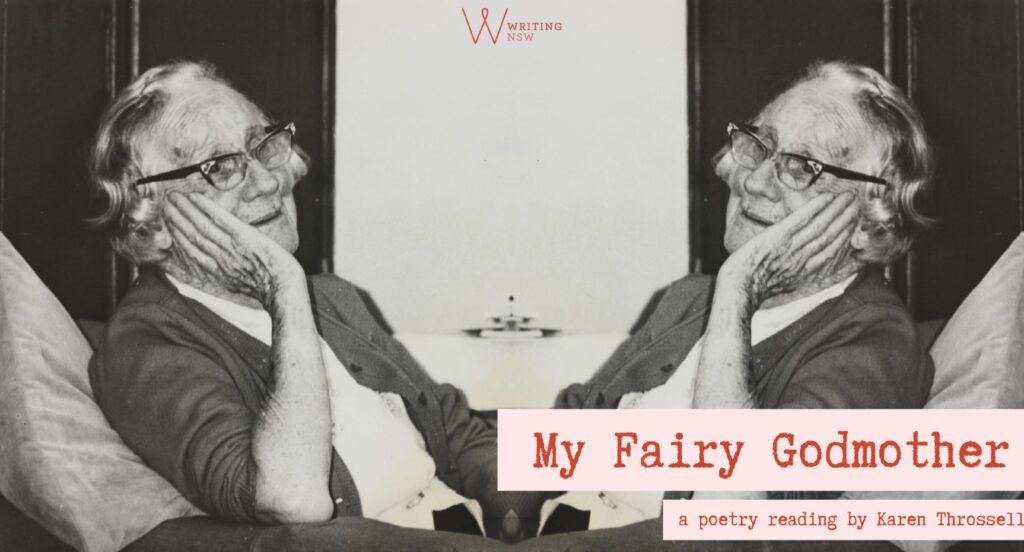For over a decade, in our Honouring Australian Writers series, Writing NSW has paid tribute to writers who have made an important contribution to our literary culture. In 2020 we honoured renowned author and political activist Katharine Susannah Prichard (1883-1969). She was opposed to racism, war, and all forms of social injustice and embraced these ideals in her writing. She published many major novels, including Working Bullocks, considered the first Australian modern novel, and Coonardoo, joint winner of the Bulletin Prize.
Due to Covid, rather than holding the event at the State Library of NSW, it was held online.
Podcast
You can listen to this discussion of Katharine Susannah Prichard on Apple Podcasts here
In this discussion are Jacqueline Wright, editor, teacher and author with over 20 years’ experience as a linguist in WA’s remote north-west on Australian Aboriginal language, interpreting and cultural programs, and Jeanine Leane, Wiradjuri writer, poet and academic who as published widely in the area of Aboriginal literature, writing otherness and creative non-fiction.
Video
You can watch videos from the online event on Youtube
And read on below for more information and resources on this acclaimed Australian writer.
Biography
Katharine Susannah Prichard was born in 1883 in Fiji and spent part of her childhood in Melbourne and part in Tasmania before moving to Greenmount, Western Australia, where she died in 1969. Her novels include The Pioneers (winner of the Australian section of Hodder & Stoughton’s All-Empire novel competition), Working Bullocks, Coonardoo and The Black Opal, but she also wrote poetry, short stories and a play. She went on the road with the iconic Wirth’s Circus to research Haxby’s Circus. The Katharine Susannah Prichard Writers Centre was established in 1985 at her former home in the Perth Hills.
Prichard was one of Australia’s most distinguished writer of the first half of the twentieth century, as well as one of its most politically engaged. Part of a group that established a WA branch of the Communist Party, she remained a member until her death. Her writing was always informed by a broad-reaching socialism that embraced anti-racism, feminism and anti-colonial nationalism, and sometime drew from Soviet models to explore the representation of working class life and economic justice in Australia.
Prichard was prolific, completing 13 novels (translated into 13 foreign languages), 10 plays, five volumes of short story collections and two volumes of poetry. The two major novels which brought her international acclaim were, Working Bullocks (1926), which dramatised the physical and emotional traumas of timber workers in the Karri country of Australia’s south-west, and Coonardoo (1929), a tender and often poetic novel which attracted hostile criticism for its candid portrayal of a relationship between a white man and a black woman in Australia’s north-west. In 1964 she wrote her autobiography, The Child of the Hurricane.
Working Bullocks (1926) was hailed on publication as the first properly Australian modern novel, and Coonardoo (1929), joint winner of the Bulletin Prize, was among the earliest Australian fiction to self-consciously address race relations as its central subject, Coonardoo has remained an important text of the Australian tradition, even though its central portrait remains crucially ambiguous, in ways similar to Prichard’s short story ‘Marlene’.
Books
Coonardoo is published by HarperCollins Australia
Haxby’s Circus in published by HarperCollins Australia
Reviews
Thoughtful and comprehensive reviews of KSP’s writings by Nathan Hobby: https://biographerinperth.wordpress.com/category/katharine-susannah-prichard/katharine-susannah-prichards-writings/
The Honouring Australian Writers series was made possible with support from the Copyright Agency Cultural Fund and the State Library of NSW.


